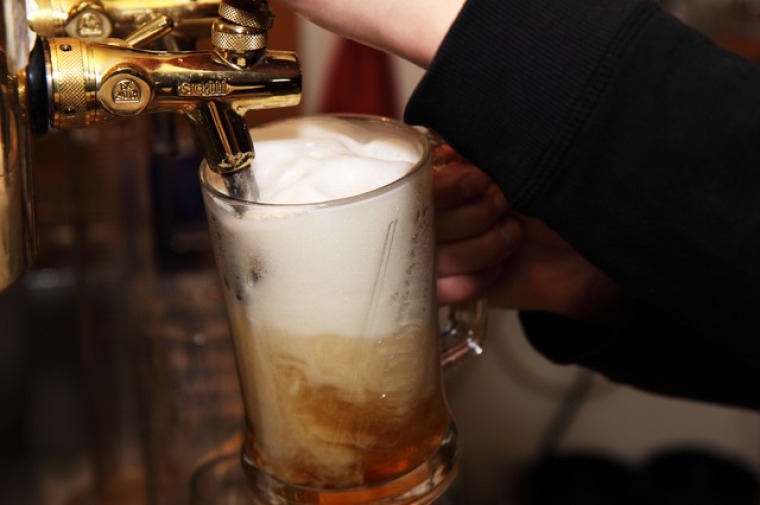

In the wake of the holiday season, which continues for many Australians, binge-drinking research findings have emerged from the U.S. Elizabeth Kovacs, PhD, a co-author of the study, spoke of a reduced awareness among drinkers of alcohol's harmful effects upon areas like the immune system.
Ms Kovacs, who is also the director of Loyola University Chicago Stritch School of Medicine's Alcohol Research Program, clarified that the participants did display knowledge of the way in which binge drinking changes people's behaviour. However, a particular issue that was raised was the misconceptions held by younger drinkers regarding the advantage that their age provides.
The Loyola researchers recruited eight men and eight women with a median age of 27 years. Each participant drank four or five shots of vodka, which complies with the American definition of binge drinking.
Blood samples were taken 20 minutes after the subjects achieved peak intoxication, and the immune systems of the participants appeared to be "revved up." When the immune responses were measured again at 2- and 5-hour intervals after peak intoxication, the participants' immune systems were actually more sluggish than the levels that were taken prior to the consumption of alcohol. The Medical News Today website reported:
"The intervals at which the blood samples were taken are relevant because these are the times following intoxication when patients typically arrive at trauma centers seeking treatment for alcohol-related injuries."
The study concluded that people who binge drink are not only more likely to develop infections, but their bodies will also struggle more intensively to recover from binge drinking-related accidents.